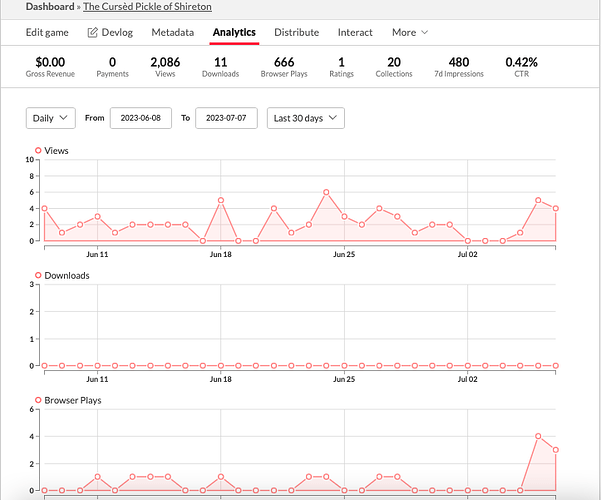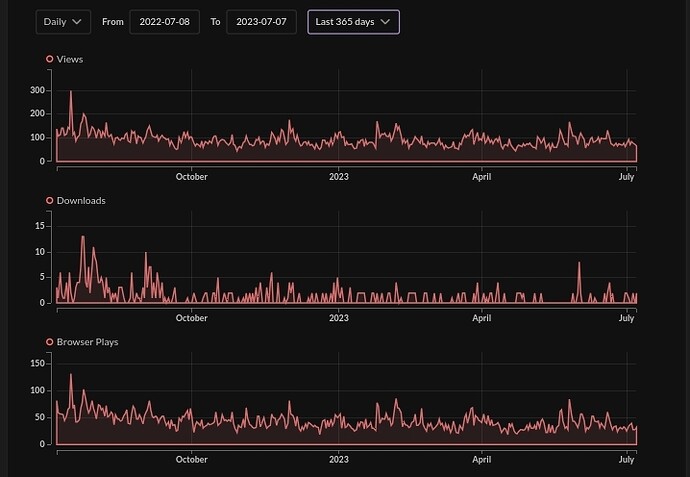Obligatory title hyperbole warning — of course it doesn’t need to be in a contest, but is it easier to get attention if it is?
I’ve noticed (or at least believe that I have noticed) for some time, that the games which appear to get the most discussion are those that are entered into contests. Not just the ones that win contests, but even the ones rated badly tend to get more ratings/responses than the ones that are just released as-is.
Do you think that’s true?
It wouldn’t surprise me if it was, of course. Part of the whole point of a contest is to create a structure where entries are widely distributed and in which comment and reaction are actively solicited. It’s very plausible that people play/review games entered in a contest that they are generally interested in that they would never look at otherwise. I wouldn’t blame people for focussing on the items essentially handed out for review. On the other hand, as someone who doesn’t enter things into contests, it’s also a little dispiriting if it’s true — because then my whole process of trying to spend a lot of time on a game and release something finished, is actually counter-productive. (Not that contest entries are necessarily rushed, but they often have a pretty tight deadline involved).
In a similar way, I have been told that a TTRPG that hasn’t had a kickstarter has a disadvantage on release, because everyone just looks at KS to see what’s coming out. Essentially that KS is now an advertising channel as much as a funding source. This makes me wonder if IF contests are much the same?
Another option is that I am factually and statistically wrong ![]()

